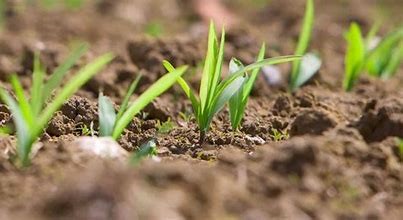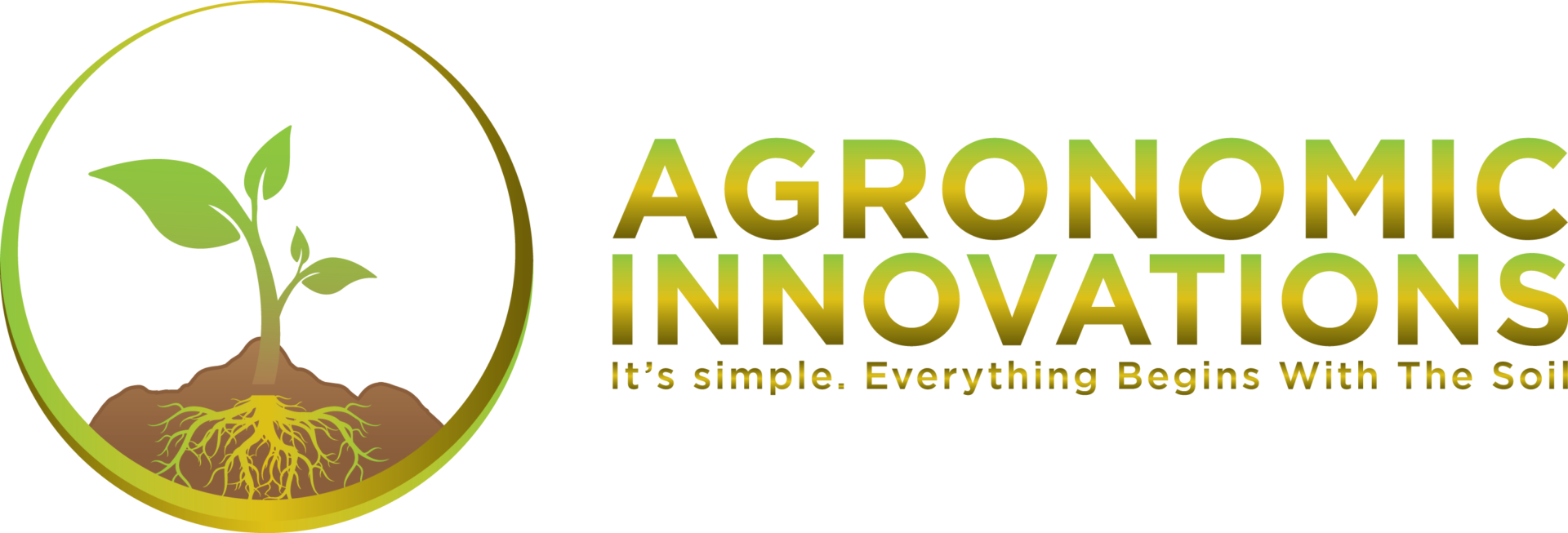
Many of us may struggle when it comes to general decision making, let alone business decision making for our agronomy company. Hesitation and uncertainty can impede the progress of your operation. Here are some techniques that will help you when you face those questionable decisions moving forward.
Agronomist face situations requiring decisions daily. Most of the time, you are okay with making decisions that arise as part of day-to-day activities. Those on-the-fly decisions are often easily handled based on years of experience. But what about those outside-the-box decisions? When should I grow the business? Is it time to diversify? Does the potential profit outweigh the risks? Major, life-changing decisions usually come around four or five times in your lifetime. If you fail to act, you could miss a powerful opportunity to enhance the quality of life for the next generation and the overall growth of your business.
Applying Critical Thinking Skills
Let’s look at a few techniques that will provide self-assurance when faced with even the most daunting of decisions.
Take Mom’s Advice & Avoid Mental Blind Spots
As a young adult, I had a real aversion to balancing my checkbook. If one thing was real in my life, it’s that I was too busy socializing with friends to focus on any adult responsibility. The results of this were transposed numbers, transactions that I failed to record, and an artful mess of mass proportions to sort through.
Once a month, I would sit there with my bank statement, pencil, and calculator to begin unraveling the monster I had created. This disheartening task often left me frustrated. In a frustrated huff, I would call my mother, convinced that even the most skilled of mathematicians could never restore order to the chaos before me.
Mom’s suggestion was always simple: “Chris, I know you feel like you have to solve this problem right now. Walk away from it for the evening, and you’ll see the problem tomorrow.” I would be so irked by her advice. Come on, there was a problem that needed a solution, and I was just the man for the job. However, at some point, I would take her counsel and walk away. And you know what? Every single time when I came back, the issue almost immediately unveiled itself.
When it comes to business decision making, we often get stuck on the problem at hand, and that creates mental blind spots. Those blind spots mean we are unable to see the whole picture. We fall into the same habits that were hindering me from solving my check register predicament. So, take some time away from the decision. Send your brain on a short vacation and then return in 24 to 48 hours with eyes wide open. You’ll be amazed at how some time away brings clarity to the situation.
Monitor Your Passion
Whatever you’re thinking about right now, STOP… Remember when you decided to start an agronomy company or acquire an agronomy business? The opportunity for diversity in job activities and working outside most days was very appealing. There was a devotion to building the business, improving cash flow, and an eagerness to contribute your ideas to enhance the company. When you can get back to that peaceful mindset is when you’ll indeed be ready to develop excellent decision-making skills to help your agronomy business now and in the future.
As you mature in as a business owner, you start understanding things about your businss that you didn’t know when you started. The weight of the world seems to fall on you because you now make choices that affect your customers, family, and employees. You probably try to be objective, but it’s hard to do. Eliminating emotional biases that could influence your decisions feels restrictive.
Surely you have heard of a “pros and cons list,” a decision-making tool used by many business owners to gain clarity and organize thoughts:
- Concept: Clearly articulate your idea.
- Pros: List the benefits to the operation, staff, family, and any possible financial return.
- Cons: Define objections and risks.
This comprehensive look will layout the paths before you, providing a road map that can guide your decision making through an enriched, formulated thought process to the best choice.
Trust Experience
When you are making any decision, you will find that plenty of people are willing to offer advice. A rule of thumb is to find and network with individuals who have accomplished the goal you are attempting to achieve for your agronomy business.
In today’s environment, there are a plethora of ways in which to educate yourself. Technology allows us to Google search, read blogs, watch YouTube, or listen to podcasts. I encourage all of these activities when making a business decision because they allow you to digest information through touching, seeing, and hearing. Activating these three senses will enable us to absorb information faster.
The only word of warning I have is that not all information is created equal. Find content from trusted sources and individuals who practice what they preach.
Look at Reality
I’ve heard business owners say that organizations tend to spend time and money on activities that provide very little return to the operation. Think about it – you go to conferences or read about the latest trends in agronomy magazines. These trends usually are very generalized and seldom fit the specific needs of your operation. Technology gives you access to information that specifically applies to your business to improve soil health or improve your service. Gathering, interpreting, and using data allows you to make decisions based on your reality. Stop looking at generalizations that bring little to no return and look at what your soil sampling, production, financial, and inventory management data is telling you about your agronomy business.
If you’re not sure where to start, consult with qualified experts who can help by contacting us at Agronomic Innovations.

Look at Things in a Different Way
In 1989, Robin Williams starred in a movie called “Dead Poet’s Society.” There was one scene that had a profound effect on my life. Robin Williams, a.k.a John Keating stood on top of his desk and asked the students of a Vermont boarding school a straightforward question, “Why do I stand up here?” Mr. Keating’s goal was to teach his students that it is vital to get out of your comfort zone and look at things differently. Choosing to look at things from a different perspective can broaden our horizons and teach us that the world doesn’t always function in the way we think it does.
When in the middle of your decision-making process, be sure to take every opportunity to look at your business from a different perspective. To gain new insight, ask other individuals to review your plan. No man is an island, and another’s perspective may allow you to find possibilities you hadn’t considered.
Momentum
When entering into any new venture, it is easy to have energy – until the excitement subsides. Unexpected challenges present themselves, and falling into old habits becomes tempting. At that moment, you need someone to help you to stay on track. Accountability is key. Find a partner or advisor who will meet with you regularly to review what you’ve accomplished, discuss next steps, and help you stay on track with your agronomic
Written By
Chris Whited
Director of New Business Development | cwhited80@outlook.com | 618-535-4830
Contact us
P.O. Box 316
Brighton, IL 62012
Phone: 618-535-4830
Social Media


